Making Good Picks

Fresh fruit brings seasonal color and taste to any meal or snack—a succulent peach smacks of summertime; a juicy red apple brings with it the flavor of fall. Whether you're picking from your own garden, a local market or the grocery store, make sure you're picking and prepping the freshest, most delicious fruits with helpful hints from gardening experts.
Picking With Care
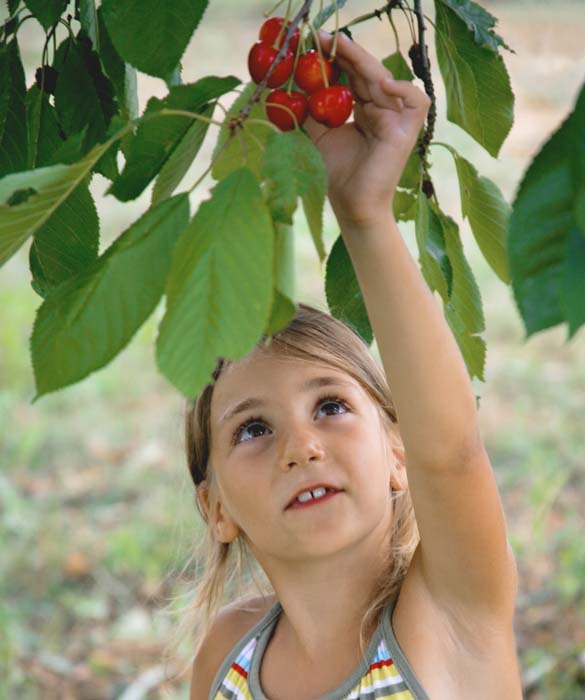
For the best flavor, most fruit should not be picked until fully ripe, says Stella Otto, Michigan-based horticulturist and author of "The Backyard Berry Book." When picking your favorite fruit, Otto recommends handling with care. "Even apparently hard fruit, such as apples or pears, bruise easily," she says, "and bruised fruit will spoil more quickly."
Bushels of Flavor
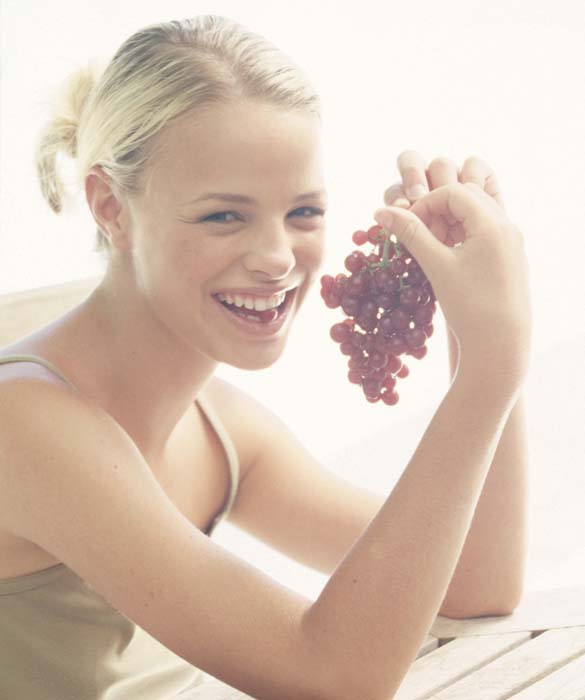
While it's tempting to pluck a berry right from the bush, Otto warns that picking berries and many fruits individually will cause them to bleed juice. "To harvest currants, cut the whole bunch from the bush," she recommends. "Wash the entire sprig and remove berries from the sprig just prior to use."
Be Berry Careful
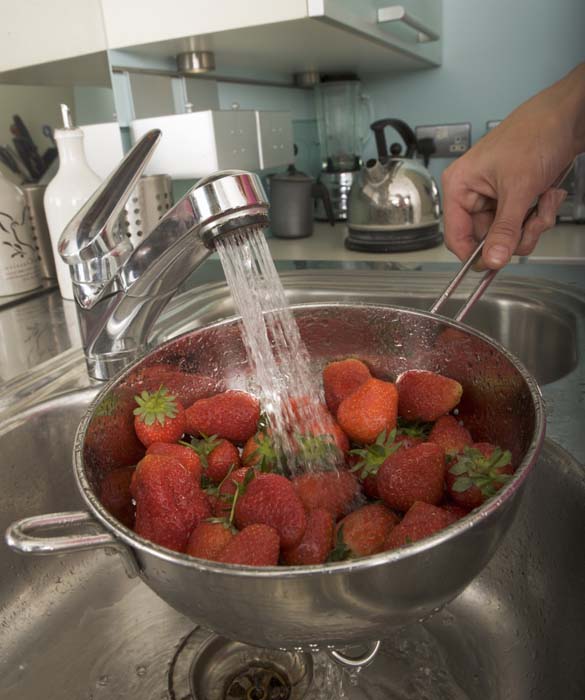
Whether you choose strawberries, blueberries or raspberries, keep in mind that fragile berries require special care. Otto recommends picking berries in the morning, after dew on the plants has dried but before temperatures get too hot. "The fruit will be firmer and less fragile, making it easier to pick," she says. Make sure, too, that you refrigerate as soon as possible to reduce the internal temperature of the fruit and extend its storage life. Wait to wash tender berries until just prior to use, says Otto, since moisture will cause mold to develop on the sweet, ripe fruit.
Picking Perfect Pears
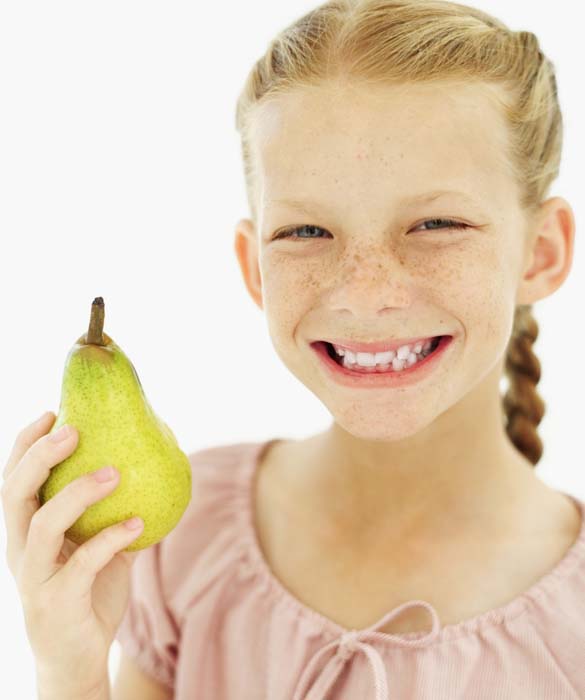
When picking ripe fruit, pears are the exception. Pears should be picked when still firm and green, refrigerated and then ripened at room temperature, Otto says. "Pears will be ripe and sweet to eat when the flesh near the stem gives to gentle pressure from your thumb."
Ample Amounts of Apples
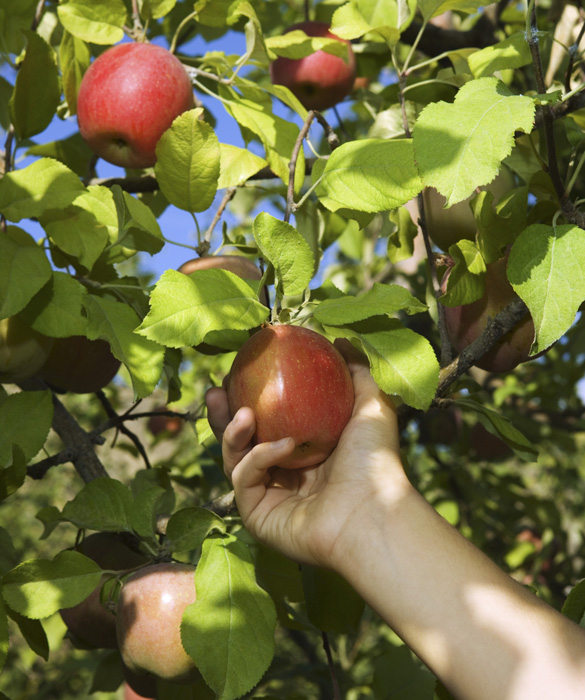
A trip to the apple farm is often a favorite fall activity, primarily because apples are in season June through November, according to Amy Klein, executive director of the Capital District Community Gardens in Troy, N.Y. When picking the perfect apple, Klein recommends choosing a ripe apple with a sweet smell that's at least two to three inches in diameter. Store apples in the refrigerator and wrap individually for a fresh, sweet snack, free of bruising.
Juicy Cantaloupe
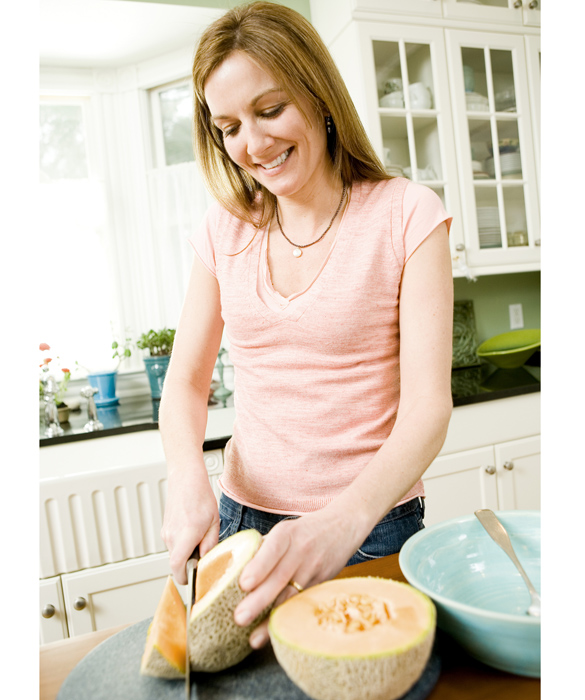
If sweet cantaloupe is your fruit of choice, it's important to choose one that is perfectly ripe. A ripe cantaloupe should have a fragrant smell and the blossom end should have a slight give, Klein says. Slicing a cantaloupe does not have to be a challenge either. Simply rinse the melon to remove dirt from the rind, cut the cantaloupe in half and scoop out the seeds with a spoon. Slice the cantaloupe into eight sections and separate the rind from the orange flesh with a short knife.
Mango Madness
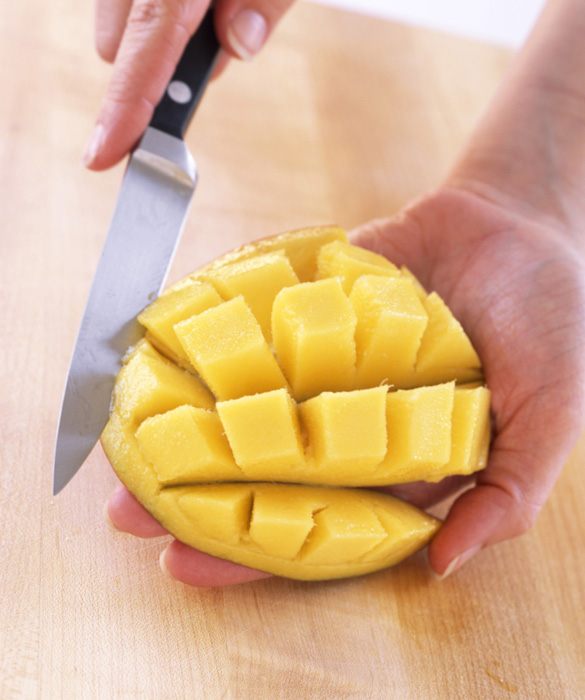
Mangoes are one of the most popular passion fruits, but don't judge its ripeness on the color. Instead, focus on the feel. A ripe mango will give slightly when you squeeze it. When chopping up this fruit, Klein recommends tracing the fruit's diameter with a knife and breaking it into two halves. "If you are enjoying alone, you can use the skin as a bowl and spoon out fruit; but if you need the fruit to be more aesthetically pleasing, you can cut fruit into squares and then peel away from the skin," Klein says.
Preserving Berry Fruits
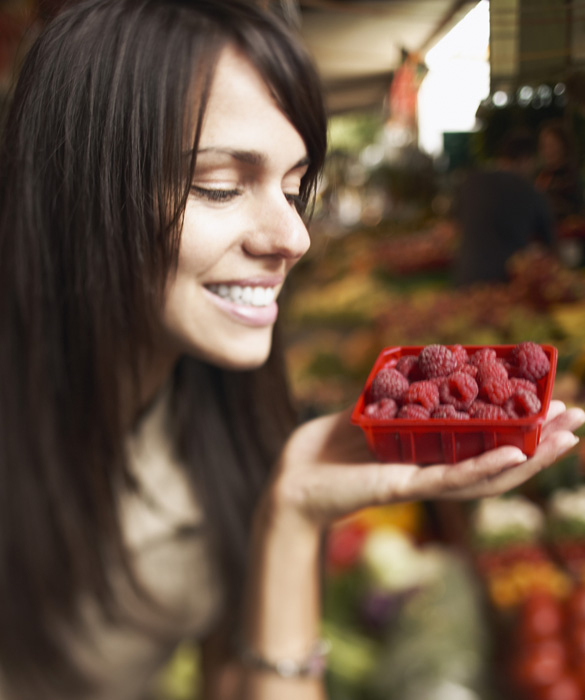
Preserving a perfect fruit find at a farmers market or in your own garden will add to the tasty treat's delight. Berries require gentle care when preserving for consumption at a later date. To preserve, briefly soak berries in a solution of 10 parts water and one part vinegar, Klein says. Remove berries from the solution and refrigerate immediately to prevent mold or fungal growth for at least five to seven days. You can also freeze berries in an airtight container for up to six months, Klein adds.




